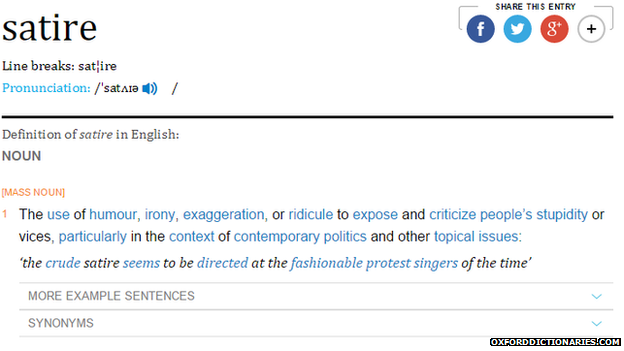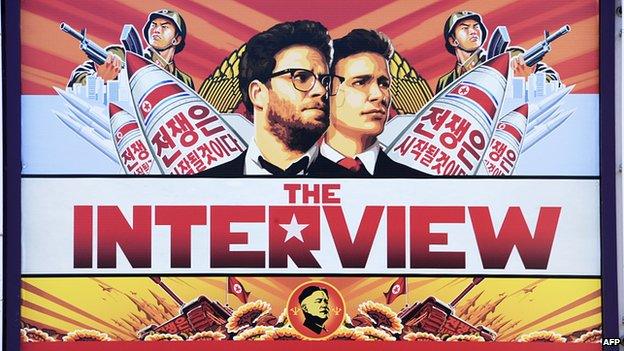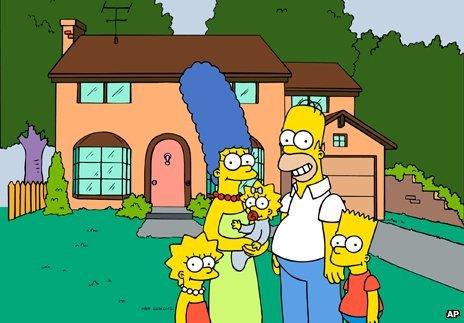Satire: What is it exactly?
- Published

Exposing people's stupidity.
That's the definition of satire in the Oxford Dictionary.
Charlie Hebdo used it to mock political figures, religion and celebrities. It may have cost 12 people their lives in an attack on the magazine's Paris headquarters.
In 2006 some Muslims were angered when Charlie Hebdo reprinted cartoons of the Prophet Muhammed. They had originally appeared in a Danish paper.
But the magazine hasn't just made jokes about Muslims - it recently poked fun at the Pope and the Catholic church as well as Jewish leaders.
In the UK, there's no direct equivalent. The best known satirical magazine is Private Eye.
It uses cartoons to mimic political issues. Even if you don't buy Private Eye, satire is something you probably see every day.
There are thousands of channels dedicated to satire on YouTube.
It is often seen as controversial because it challenges people's perceptions on reality.
Many writers and comics hope this style of journalism can encourage the groups it highlights to change.
Recent Sony film The Interview was pulled from most cinemas after the company received hacking threats.
The movie depicted North Korean dictator Kim Jong-un as a small, sheltered leader who cries when he hears Katy Perry songs.

Comedy satire has been used in The Simpsons to joke about practically everything.
Four years ago it poked fun at its host broadcaster calling Fox News "Not Racist, But No.1 With Racists".

Television comedy has always liked using satire to taunt religion.
In Monty Python's Life Of Brian, the lead character was born at the same time as Jesus and was proclaimed to be the messiah on the cross.
But in the past the use of satire towards the Prophet Muhammed has been censored.
The Koran does not explicitly forbid images of the Prophet but some Muslims believe that visual depictions of all the prophets of Islam should not be allowed.
An episode of South Park was edited after the original depicted an image of the prophet in a programme to mark its 200th episode.
Satire in comedy continues but its boundaries could move as people become more concerned about what may happen because of their work.
Follow @BBCNewsbeat, external on Twitter, BBCNewsbeat, external on Instagram and Radio1Newsbeat, external on YouTube